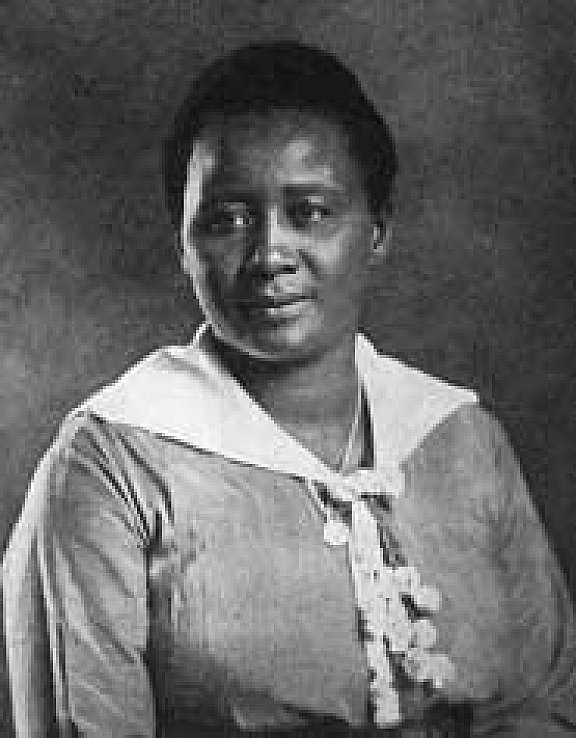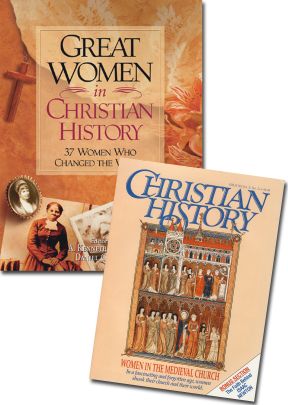Rosa Young Spread Learning & Lutheranism in Alabama

Rosa Young gave her life and property to educate African Americans in Alabama.
ON THIS DAY, 1 June 1909 the valedictorian of Payne University, Selma, Alabama delivered a speech titled “Serve the People.” The nineteen-year-old sat to give her speech because she had worked so hard her body had broken under the strain. She said nothing of her suffering, however, and spoke a message of selflessness instead:
“Every vocation in life implies service. Those who are aspiring for high positions should seek to become the servants of all. . . . The talent we possess is for the service of all. The truth we hold is the truth of all mankind. . . . ‘He that is greatest among you shall be your servant,’ is the language of the Great Teacher. To serve is regarded as a divine privilege as well as a duty by every right-minded man. . . . As we go from these university halls into the battle of life, where our work is to be done and our places among men to be decided, we should go in the spirit of service, with a determination to do all in our power to uplift humanity. . . . It makes no difference how circumscribed opportunities may be, show yourself a friend to those who feel themselves friendless.”
Idealistic as her words may have been, Rosa Jinsey Young turned them into reality.
Born in Rosebud, Alabama, she was the daughter of a black Methodist circuit rider, and was determined to use her education to better the lot of African-Americans. After several years teaching in Alabama towns, she yearned to open her own school. Believing that this good desire was from God, she stepped forth in faith and opened a private school near home for seven students.
In three terms, the school had grown to 215 students. However, the students’ families were poor and could pay little toward expenses. The cotton crop had fared poorly because of boll weevils and she had no money to keep the school open. After paying her sister, whom she had hired to help her, she only had a few cents left. She turned to her church, to well-to-do whites, and to anyone who might be able to help. Although she received small contributions, it was not enough.
Young went home and prayed. Then it occurred to her to write to the black educator Booker T. Washington at Tuskegee Institute. Washington replied that he was unable to help, but advised her to contact the Board of Colored Missions of the Lutheran Church—Missouri Synod (LCMS). According to Washington, Lutherans were doing more for African-Americans than any other denomination.
The LCMS sent pastor Nils Bakke to investigate. When he found she was telling the truth, he arranged for help. Young joined the Lutheran church and with its aid founded thirty rural schools, a high school, and a teacher training college, on whose faculty she served. She also planted Lutheran churches. Although derided for leaving the Methodists, she defended herself: “I was born and reared in gross darkness, wholly ignorant of the true meaning of the saving Gospel contained in the Holy Bible...I did not know that I could not read the Bible and pray enough to win heaven.”
Young worked tirelessly almost to the end of her 81 years, even mortgaging her own property to keep the work alive. In 1961, Concordia Theological Seminary in Springfield, Illinois awarded her an honorary Doctor of Letters degree. Ten years later, in 1971, she died, having contributed to the education of thousands of students while spreading the Gospel in Alabama. She titled her autobiography Light in the Dark Belt.
—Dan Graves
----- ------ ------
For a wise quote on Christian education, see "An Ordinance for Religious Education." For more on notable Christain women, see our book Great Women in Christian History






